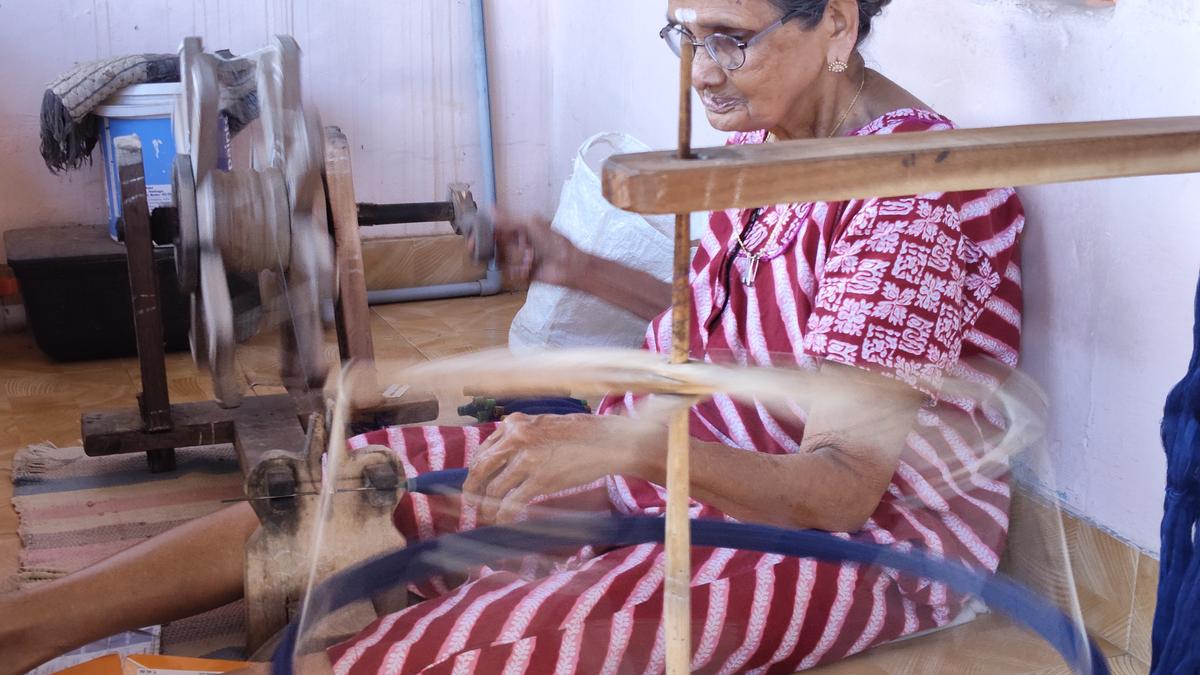Now Reading: BBMP to Crack Down on PoP Ganesha Idols, Criminal Cases for Violators
-
01
BBMP to Crack Down on PoP Ganesha Idols, Criminal Cases for Violators
BBMP to Crack Down on PoP Ganesha Idols, Criminal Cases for Violators
Speedy Summary
- BBMP (Bruhat Bengaluru Mahanagara palike) has banned Ganesha idols made of Plaster of Paris (PoP), thermocol, and chemical paints for the upcoming festival. Onyl eco-friendly idols are permitted in pandals.
- Criminal cases will be filed against those manufacturing or selling idols using banned materials. Violations will result in fines, seizures, and legal consequences overseen by nodal officers from relevant departments in each zone.
- 75 single-window clearance centres have been set up at BBMP sub-divisional levels for efficient processing of permissions related to Ganesha festival celebrations, involving representatives from departments like the police, fire services, and bescom.
- BBMP is preparing designated locations per ward for idol immersion and temporary tanks near lakes to avoid ecological damage during immersions; safety measures such as ambulances and trained swimmers will be deployed at immersion sites with zonal-level oversight.
- A plastic ban is also being enforced during the festival period, with action planned against violators alongside initiatives to manage extra waste through segregation and processing methods.
Indian Opinion Analysis
The BBMP’s eco-friendly measures reflect a progressive yet enforcement-heavy approach toward reducing environmental hazards during major religious festivals like Ganesh Chaturthi. While encouraging lasting practices with bans on harmful idol-making materials aligns with long-term environmental goals, implementation challenges remain notable-especially in monitoring production venues across a sprawling urban landscape like Bengaluru. Additionally, setting up single-window clearances simplifies administrative processes but requires robust inter-departmental coordination for effective policy execution.
The civic body’s efforts to designate safe immersion locations acknowledge growing concerns over lake pollution but may face resistance from traditionalists preferring water bodies out of custom or convenience. Moreover, enforcement of plastic bans would necessitate significant public awareness programs beyond penalties to address habitual reliance on non-biodegradable materials effectively.
Ultimately, if carried out transparently while supporting artisans transitioning toward sustainable alternatives via incentives or workshops on eco-friendly craftsmanship-the initiative could achieve its dual objectives of cultural respectiveness alongside environmental stewardship.Read more: [Link unavailable]
























